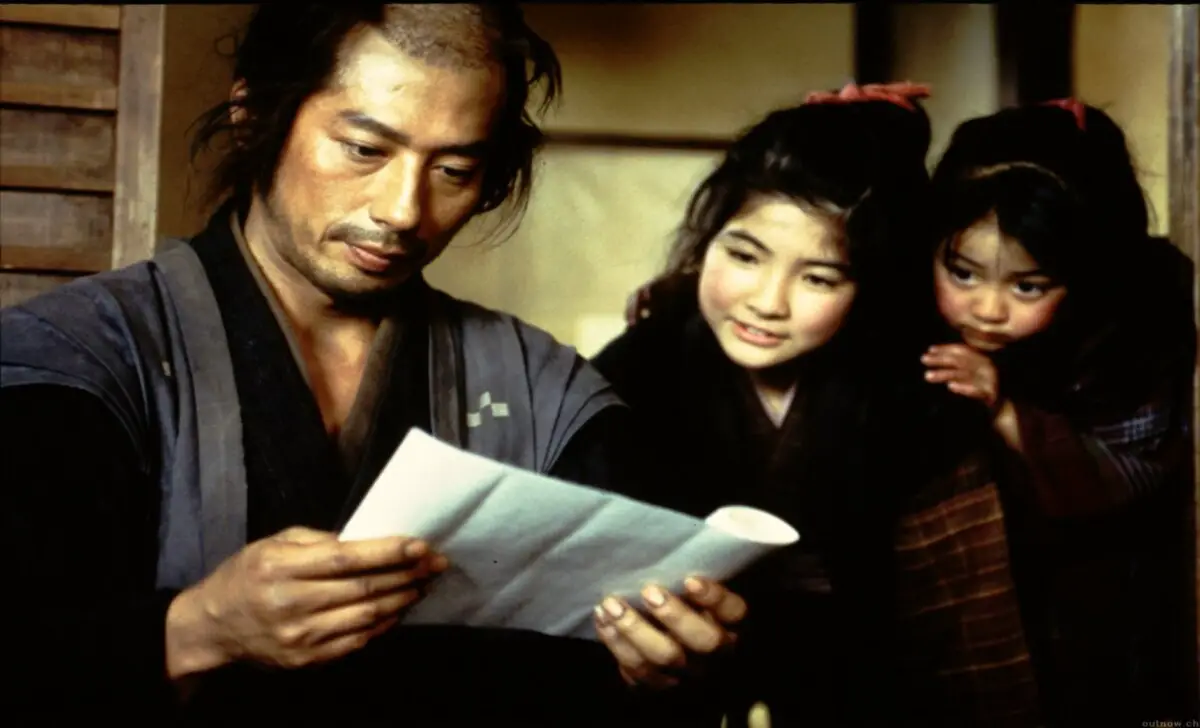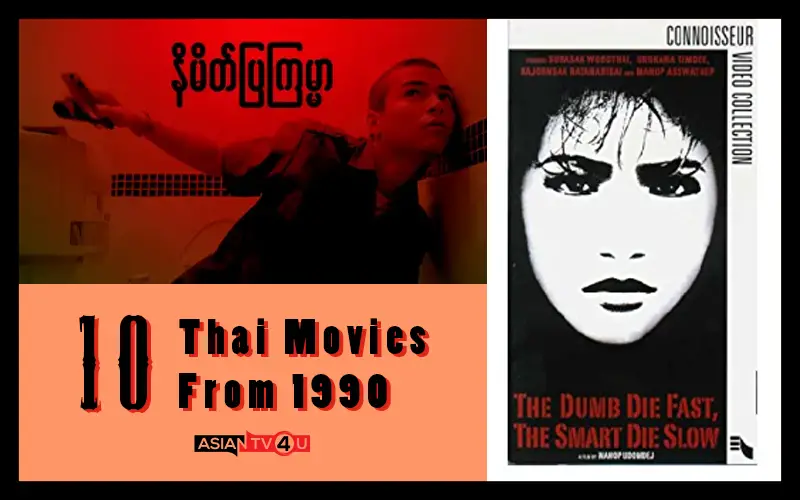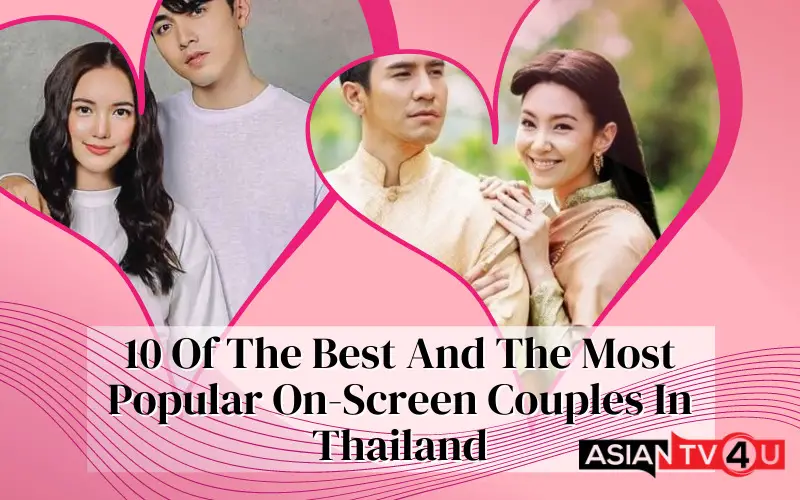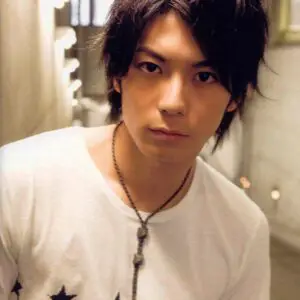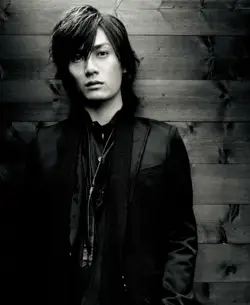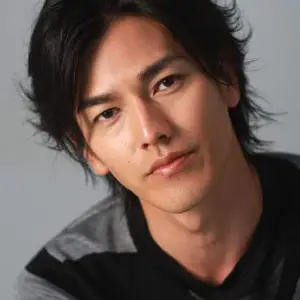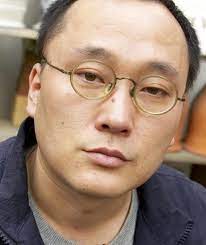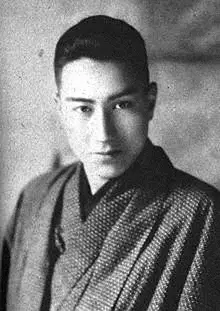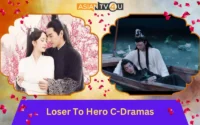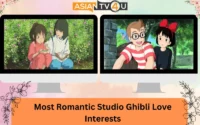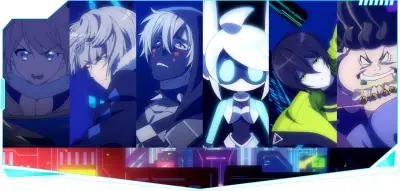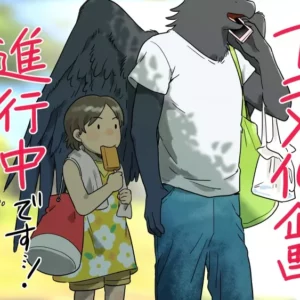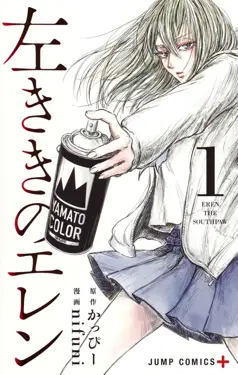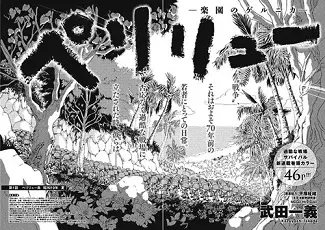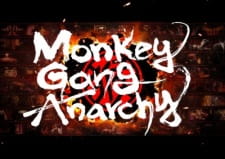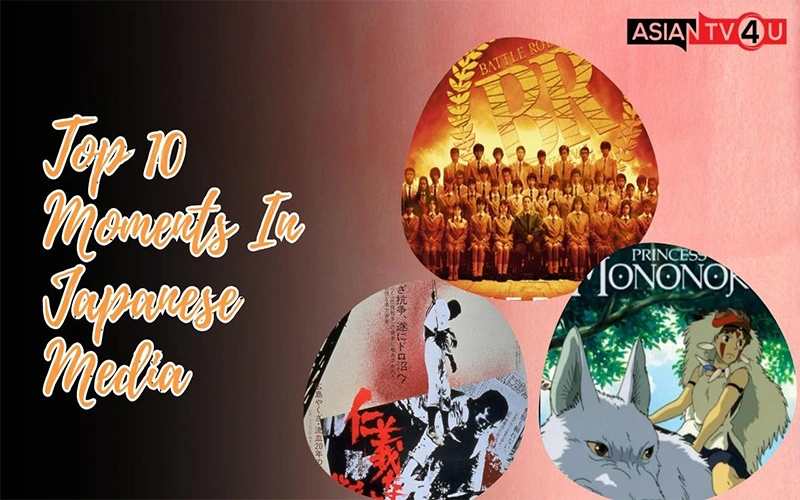
In the empire of movies, Japan maintains a bunch of great movies. Whether it's animated films that commentate on the successes and losses of humanity, or sweeping epics set in feudal periods, the country is a hotelkeeper to a squadron of gifted filmmakers.
1. Battle Royale (2000)
The battle royale is a survival movie based on a novel that falls into the drama and horror category. The film has a battle between 42 high schoolers on an island, and the last one standing is declared the winner. Kinji Fukasaku produces the film.
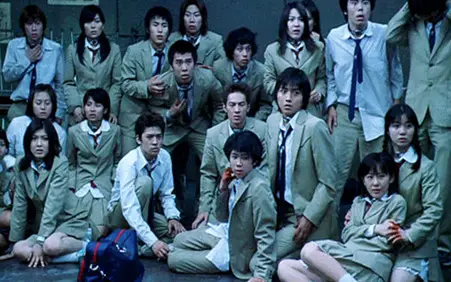
2. Battles Without Honor And Humanity (1973)
Kinji Fukasaku directs the movie. It's about an ex-Japanese soldier who falls into a life of crime and ends up in prison, where he becomes a friend of an inmate. The story takes place over ten years following World War II, and the movie feels like a documentary.
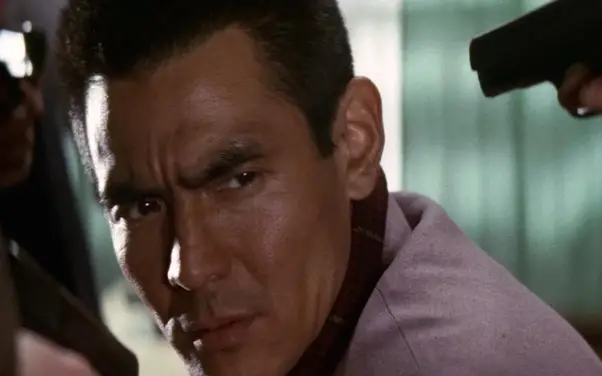
3. Harakiri (1962)
The harakiri was a revolutionary movie that inspired other films. Masaki Kobayashi directs the movie. The story is about Unemployed older wandering samurai who create a dilemma for the most senior of a powerful clan, reflecting situational ethics. Director Kobayashi's own life mirrors Tsugumo's objectives.
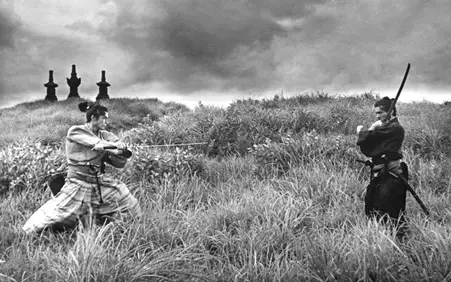
4. Ringu/Ring (1998)
The ring is a movie directed by Hideo Nakata and adapted from the novel. This movie falls in the category of supernatural horror in which a woman and her ex study a series of teen deaths, and their son become a victim of a mysterious videotape.
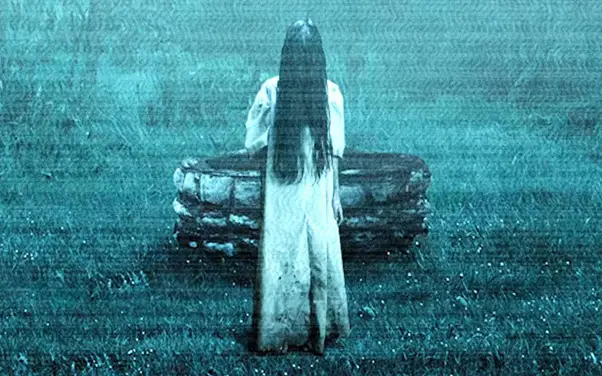
5. Fireworks (Hana-Bi)
The firework movie has an engaging plot of an officer investigator who has had to bargain with a string of emotionally devastating events in the recent past. His only minor, then at prekindergarten age, died two years ago. His wife, presently in the clinic, has been diagnosed with a terminal leukemia case. The movie was written and staged by Takeshi Kitano.
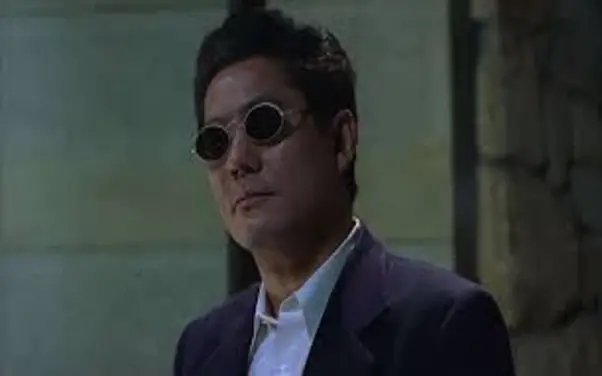
6. Princess Mononoke
Princess Mononoke was even the most prosperous Japanese and international (non-US) film ever created. Mononoke was formed when Disney and Tokuma marked an understanding in 1996, giving Disney exclusive worldwide rights to several Ghibli movies. The protagonist, youthful Ashitaka - contaminated by a creature spell, aspires to a prescription from the deer-like creator Shishigami.
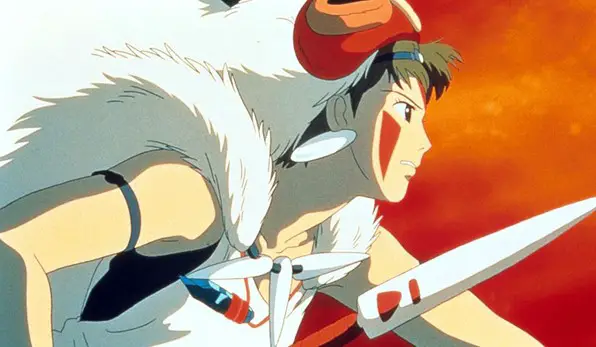
7. Kagemusha (The Shadow Warrior)
In the tale of a warlord who fails, a peasant thief is called upon to imitate him and then discovers himself haunted by the warlord's heart and purposes. Kurosawa creates a chronological epic that reflects on the essence of power. Kagemusha is the Japanese expression for a political decoy, presently representing "shadow fighter." The film finishes with the climactic 1575 Action of Nagashino. Kagemusha.
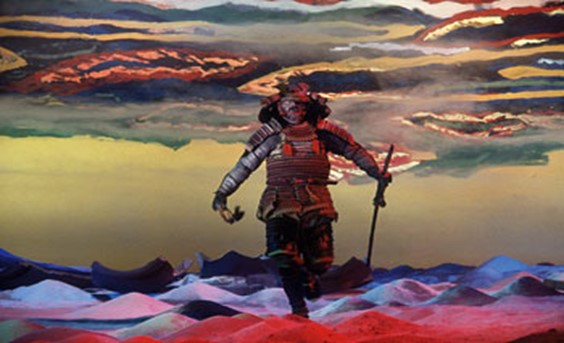
8. Muddy River
Two boys whose parents ply their work by the mug of a muddy river in Osaka evolve into close friends. The two families' "businesses" are dining and prostitution. It was appointed for the Academy Honour for Best Foreign Language Film. It merged with the 12th Moscow International Film Festival, besting the Silver Prize.
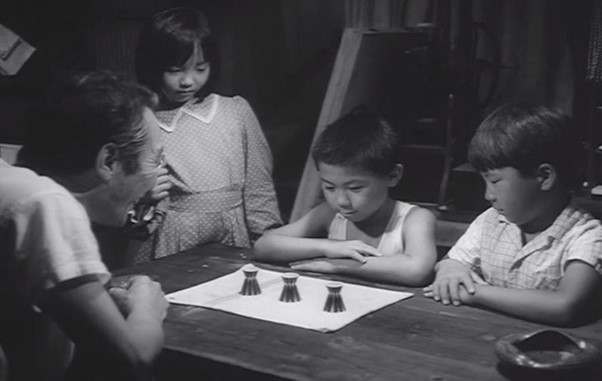
9. Sandakan No. 8
Tanaka defeated the Most useful Actress Honour at the 25th Berlin International Film Festival for what may be deemed her latest meaningful position, in Kei Kumai's Sandakan No. 8. this transformation of Tomoko Yamazaki's pioneering work takes on the subject of Kira Yuki-san, the young women forced into sexual slavery throughout Pacific Rim territories in the early 20th century.
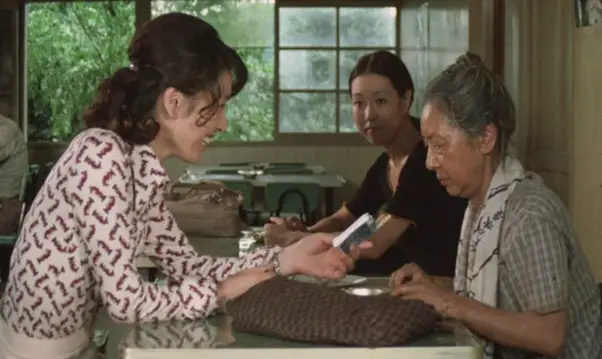
10. The Twilight Samurai
The Twilight Samurai ensues Seibei Iguchi (Hiroyuki Sanada), a widowed, low-ranking samurai who, as he cares for his two young daughters and senile mother, has no interest in remarrying. The structure is something you've witnessed a million times before, but Yamada uses those anticipations to his benefit as he spins an affective, inflammatory story about a tragic protagonist.
